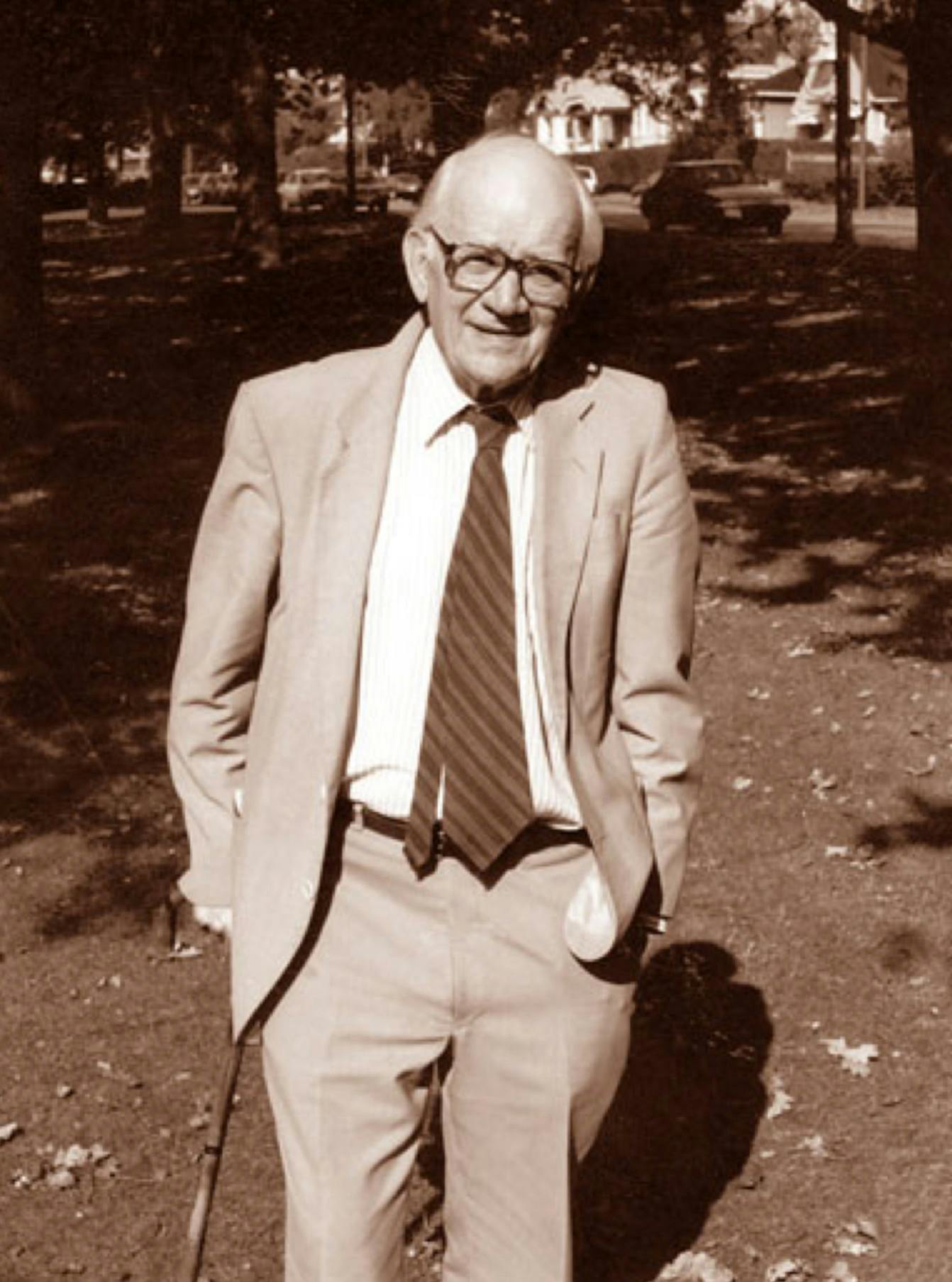A lifeline for Canadian writers in need of emergency funding
Woodcock Fund Grant
Highlights
Grant Amount
$2,000 – $12,000 (dependent upon circumstances)
Eligibility Criteria
• Professional writer (previous publications required)
• Unforeseen financial need and/or confronting income loss
When to Apply
Applications accepted throughout the year
Contact
Writers are encouraged to reach out to receive application advice.
Amanda Hopkins, Program Director
ahopkins@writerstrust.com
About the Grant
The Woodcock Fund provides quick support to all types of professional writers confronting financial difficulty or sudden distress.
Authors live project to project, and in spite of careful financial planning often find themselves living close to the edge. Writing books in Canada is rarely a lucrative pursuit and a small disruption can easily cascade into an emergency. Projects are set aside, expectant income unrealized, and well-being threatened.
This program is designed to act fast; emergency grant requests are reviewed immediately by a diverse group of seven writers from across the country. With an intimate understanding of the precarities of a writer’s life, these peers evaluate applications and recommend grant amounts. Their assessment is focused on an applicant’s situation.
Writers whose income has been dramatically affected by sudden, difficult circumstances are encouraged to apply, as well as writers enduring unforeseen mental health burdens. We are deeply concerned in situations where individuals feel compelled to ignore real issues because of the cost of treatment. To help address systemic challenges we strongly encourage writers from equity-deserving groups to apply or reach out if they have questions about meeting the program criteria.
All professionally published writers who hold Canadian citizenship or permanent resident status are eligible to be considered for the Woodcock Fund, regardless of where they live in the world. However, Canadian writers abroad should understand that the program’s mandate is to respond to an emergency with support through a modest grant within a Canadian paradigm. Challenges faced by Canadian writers living outside Canada, such as in cases with healthcare costs, can often go beyond our scope and ability to support. Woodcock Fund grants are given in Canadian dollars converted to the currency of the grant recipient.


The Woodcock Fund is a safety net for writers when they need it most.
It offers temporary support and a window of time for authors to get through challenging circumstances – whether confronting illness or injury (to themselves or a family member), job loss, accident, dental emergency, spousal separation, unexpected expenses, or other unforeseen situations.
Severe situations are prioritized for funding, but potential applicants should be aware that the program supports both big and small crises. Eligible writers who concisely explain why they are approaching the fund and how it will help them are likely to receive support.
Artistic assessment of an applicant’s work is not taken into account. The program is meant to support all types of actively publishing writers, including nationally and regionally recognized writers, established and emerging writers.
Emergency situations are unpredictable. We encourage potential applicants not to be deterred by the program criteria and to reach out to us to confidentially discuss their situation. The program aims to be flexible and exceptions may be available to writers facing genuine emergencies even if they do not meet all the program criteria.
I'm sure each emergency is different, but in the fall of 2015, I was broke, my family members had health costs beyond my resources, and I was swamped with deadlines for books that, if I finished them, would allow me to make a living. I felt at the kind of crossroads I knew the Woodcock Fund was designed to help writers navigate. It allowed me to bounce back, and the work I finished in the fall of that year went on to experience a success in Canada.
— Michael Redhill
I knew George Woodcock. He was a professional writer who knew the life — the block and the unblocks, the ups and the downs, sickness and health and the things that can ruin you, or seriously interfere with writing a book.
— Margaret Atwood
Praise the Woodcock Fund to the skies! I received money at a crucial time. I felt I was sinking when the Woodcock Fund provided me with enough to keep going. Honestly, I can't express my gratitude.
— André Alexis
The thing I remember most is not the few thousand dollars that were incredibly generously given to me, but more the vote of confidence that I would somehow survive all this and it was important for me to keep on doing what I do.
— Mireille Silcoff
People figure a writer can write anywhere because all one needs is a pen and a piece of paper. Without the encouragement and financial support of the Writers’ Trust of Canada's Woodcock Fund, my story would have ended differently.
— Yasuko Thanh
The community that something like the Woodcock Fund implies is that we’re all in this together, and here’s some shelter from the storm. That we have that in Canada is such a gift.
— Sue Goyette
All of a sudden I didn’t have money on my mind. I could keep my apartment, and I could buy groceries, and I could take a cab to the hospital and back. It just saved me, at least financially. It was such a burden off my shoulders.
— Derek McCormack
At first I demurred believing I didn’t qualify for help. What I didn’t realize is that it was exactly for my situation. I just needed temporary support to make up for this setback.
— Elizabeth Ruth
It’s distressing to know that the average writers’ income in Canada is $14,000. Many of us have struggled through disastrous periods with the wolf at the door. The Woodcock Fund saved me when I was in trouble.
— Brian Brett

George Woodcock was one of Canada’s most prodigious writers. Born in Manitoba, raised in England, he lived in British Columbia from 1959 to 1995 and wrote and edited approximately 150 books. Here Woodcock edited Canadian Literature, the first publication entirely devoted to Canadian books, and won a Governor General’s Literary Award for his biography of his friend George Orwell. Woodcock became the first author to receive the Freedom of the City honour from Vancouver City Council.
Despite George's successful writing career, the Woodcocks were well aware of the difficulties faced by authors. Not only is writing a solitary profession with no health benefits or pension, there is no guarantee that when a book is published it will generate enough income to provide a decent standard of living. A number of factors contribute to a book’s financial success — quality being only one of them — and almost all of these factors are impossible to control. After their deaths, the Woodcocks gave a bequest of almost $2 million to the program creating this essential resource for the country’s writing community.